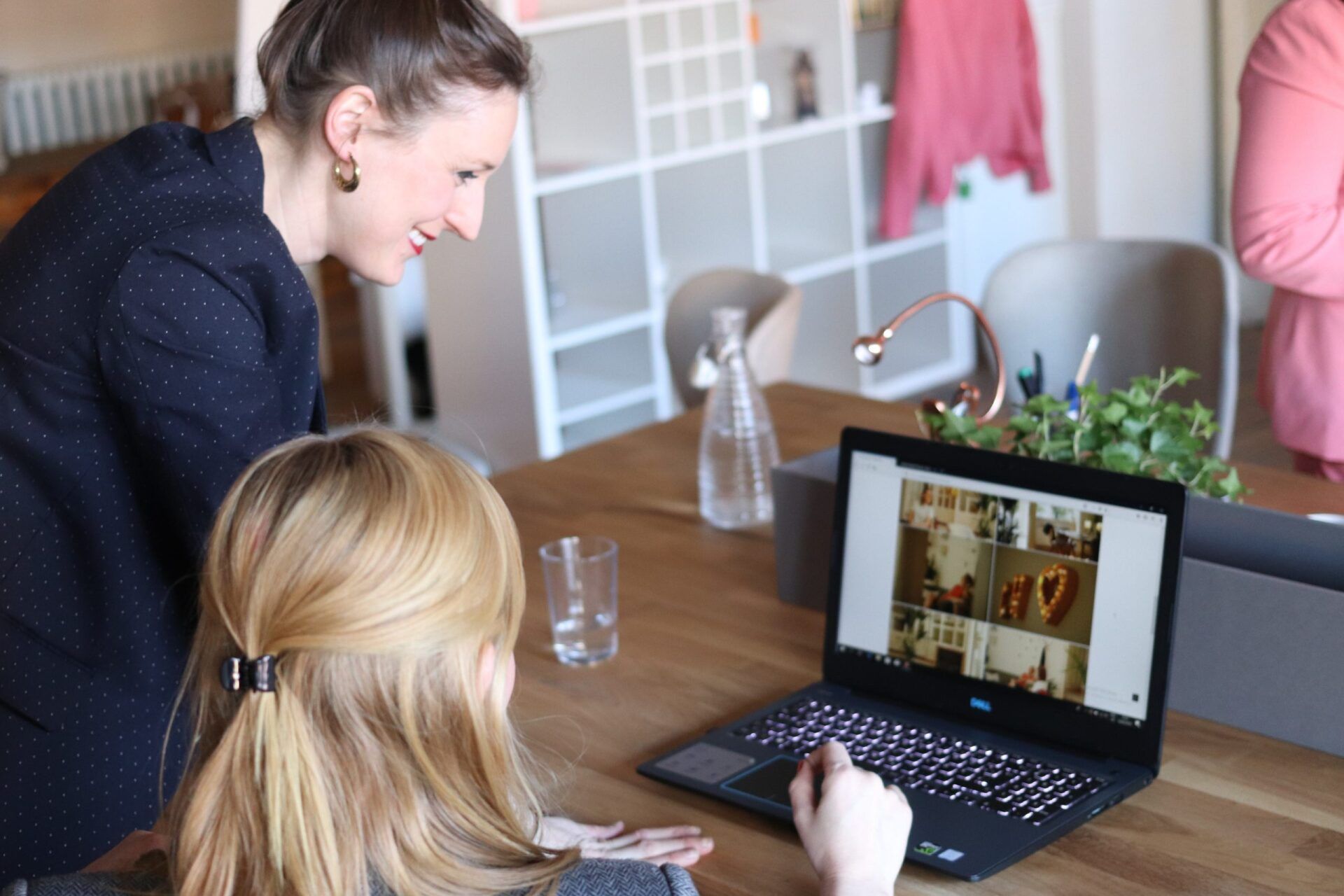HOW TO USE PERSONAL BRANDING TO HELP BUILD YOUR CAREER PROFILE
HOW TO USE PERSONAL BRANDING TO HELP BUILD YOUR CAREER PROFILE
These days, having a basic understanding of personal branding isn’t just important, it’s necessary in order to kick-start your career or take the next professional step forward.
Thanks to social media and platforms such as LinkedIn, there’s never been a better (or easier) time to market yourself and ensure your skills are being seen by the right potential employers and clients. But how do you go from ‘jobseeker’ to being directly headhunted by those in the know? It’s simple – you create your personal brand. By determining who you are and what you stand for, you can begin to establish yourself within your industry and market the skills that help separate you from the crowd.
In essence, your personal brand is all the ways you wish to be seen and perceived by others. It’s the vision and values you set for yourself and the varying elements that convey your personality to the world. It’s everything that makes you, you.
While this may seem like a bit of work, investing in yourself this way is an effective tool to help discover what you want, why you want it and how you can share this with others. By focusing on your personal branding, you’re setting yourself up with guidelines that influence how you’ll behave and interact within your professional world and help facilitate future professional endeavours. What’s more, having a solidified personal brand will allow others (particularly recruiters) to get a sense of who you are, what you can bring to the table, where your passions lie and the career you expect to have.
When developing your personal brand, the best place to start is by figuring out where your visions and values lie. What are the kinds of words you’d like associated with your brand? Write it all down and consider every answer. Once you’ve narrowed this down an authentic tone and sentiment for your brand, consider whether there’s a skill relevant to your field that can specialise in. Perhaps you already have this skillset, or you’ve carved out a niche you’d like to amplify – whatever it is, this is your chance to turn your experience into a selling point. It’s your own added value. If you don’t have a particular interest area or skill to focus on, now is the time to start your journey and become an expert in a particular category of interest within your industry.
Once you have these basics locked and loaded, it’s time to update your CV and bio, your LinkedIn profile and establish a stronger online presence through a personal website or digital portfolio (Squarespace is great for this and super simple). This will help you appear more professional and give you a central point to house all the proof points of your personal brand. You could also consider starting your own blog, which will allow you to have a dedicated platform for sharing your knowledge and showcasing your professional abilities.
If you’re not quite ready for your own website, LinkedIn is still a great, free way to showcase your talents and skills. Try to post regularly by adding any news or observations you may have about your industry. You probably have insights that others don’t, even if you don’t know it yet. Start the conversation, connect with your peers and former colleagues, share your ideas, ask thought-provoking questions and grow your network. Don’t forget to also talk about your professional achievements – the platform was literally built to allow you to further your career, so make the most of it. The more present and active you become in your industry, whether online or in the real world, the more opportunities will present themselves.
As we all take this year to re-evaluate and press the reset button, now is your chance to forge your path forward. It’s exciting, and it starts with you.










